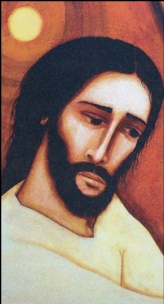Bishop's Conference letter
Webmaster • November 7, 2020
Statement from the President and the Vice-President of
the Conference on the National Lockdown
Wednesday 4th November 2020
Today, Parliament passed into law the Regulations governing many aspects of activity in the whole of England until 2nd December. These Regulations prohibit the gathering of people for communal worship in churches and other religious buildings.
Churches remain open and in use for activities other than communal worship, including personal prayer and support for those in need. Funeral Masses and funeral services may be held. Please refer to the Regulations (for places of worship see paragraph 18) and associated Guidance.
Despite profound misgivings it is important that we, as responsible citizens, observe these Regulations, which have the force of law: ‘Remind them to be obedient to the officials in authority; to be ready to do good at every opportunity’ (Titus 3:1). We do this in solidarity with so many others on whom are being imposed restrictions which impact severely on their lives and livelihoods.
It is also important to recognise that these Regulations are not an attack on religious belief. However, they do demonstrate a fundamental lack of understanding of the essential contribution made by faith communities to the well-being, resilience and health of our society.
At this difficult moment, we ask that, as a Catholic community, we make full use of our churches as places of individual prayer and sources of solace and help. We must sustain each other in our patterns of prayer, joining a national shared moment of prayer each day at 6pm, and observing the Vigil of Christ the King (21st November) as a day of prayer for the ending of this pandemic. And we encourage you all in your practical service and support of each other and those around you in need.
This pathway of prayer and service is the royal road we are to take as a gracious witness in our society today.
Cardinal Vincent Nichols Archbishop
Malcolm McMahon OP President Vice-President
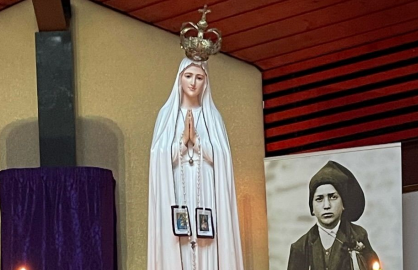
We are honoured to be the first parish in 2026 to host a visit of the National Pilgrim Virgin Statue of Our Lady of Fatima, along with the Relics of Saints Jacinta and Francisco. This is a wonderful opportunity to have an insight into Fatima. There will be mass, rosary, meditation, confessions, divine mercy, films and items to buy. 9.45am until 4.45pm (please bring a packed lunch; tea & coffee will be available). To learn more, email: patsydaniels@gmail.com , or see poster/flyers in the porch. If you are able to help on the day please speak to Fr Graham or email the office.
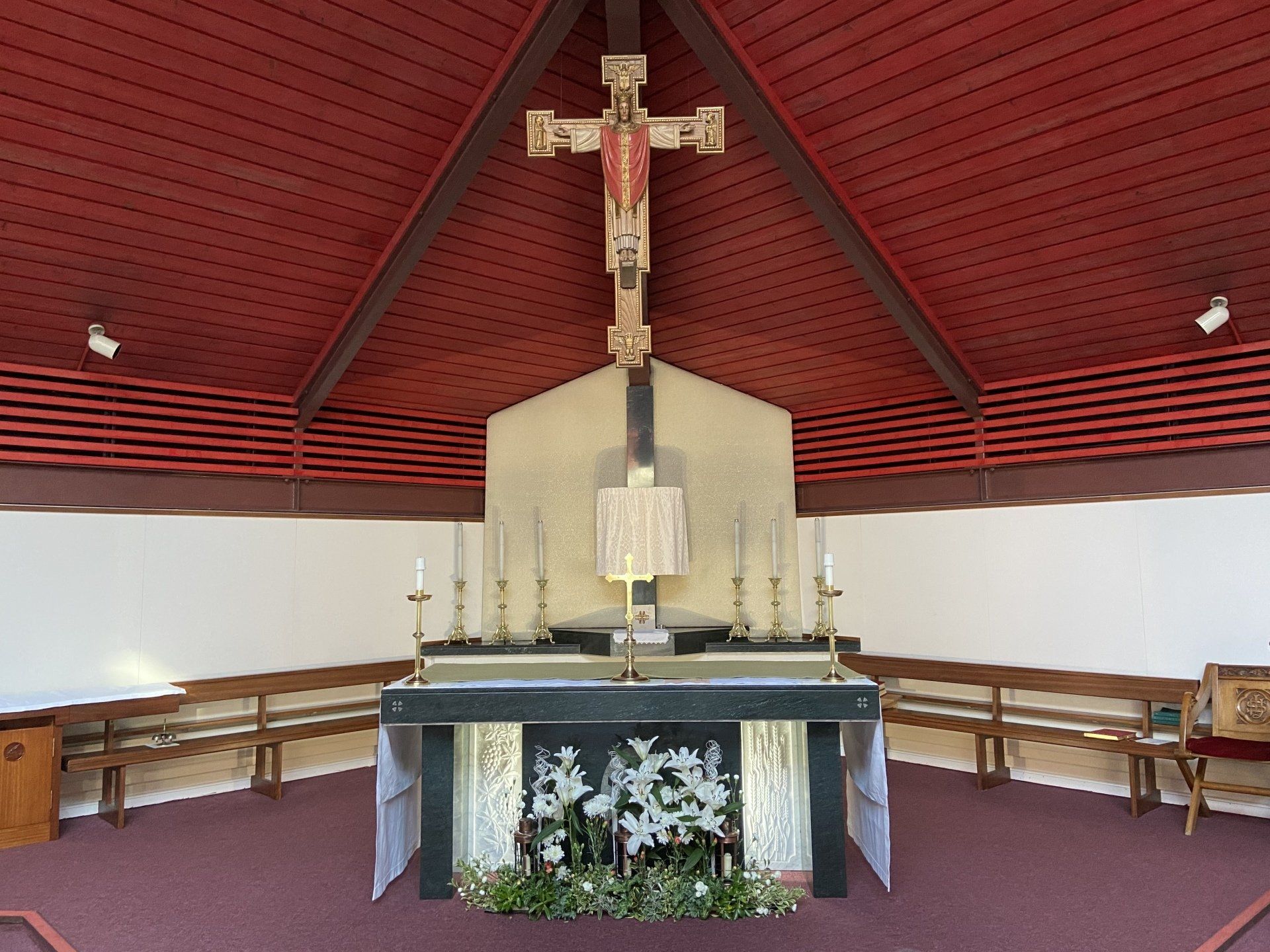
Throughout Lent, please bring your personal prayer intentions to our Prayer Boxes (both at St Peter’s and CTK). At St Peter’s, we already have the Prayer Tree, located in the Divine Mercy Chapel, which is regularly used by parishioners and visitors throughout the day. We have added a Prayer Box here, and one at CTK (next to the votive candles). You are warmly invited to write your personal prayer intentions on a small card and place them in the Prayer Box. If you are unable to get to church, you can email them to the office for inclusion, or via the contact form on our website. The names and intentions placed in the Prayer Boxes and on the Prayer Tree will be offered at the First Friday Mass, united to the Sacred Heart of Jesus. After this Mass, the Prayer Box will be refreshed for the following month. Please note that these prayer intentions will remain private. They will not be read aloud. The aim is to ensure that our intentions remain current and meaningful
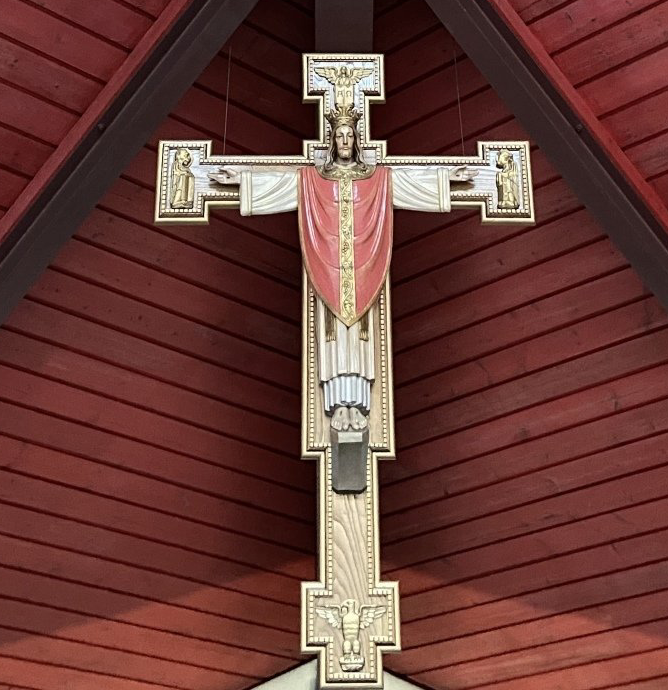
"Lent is the perfect time to work on our prayer lives!" Not my words but an invitation from another. Perfectly true though. The words are echoed by Pope Leo XIV in his Lenten Message for this year. Pope Leo goes on to reflect on the power of the words we speak, that can bring peace or harm: “I would like to invite you to a very practical and frequently unappreciated form of abstinence: that of refraining from words that offend and hurt our neighbour.” It is always tempting to retaliate when someone hurts us or provokes us. We know where the temptations come from! Jesus shows us how to respond. Not only by His answers to the devil in the wilderness but also by the way He accepts His passion and cross. Sometimes words, sometimes silence, never harmful. Jesus trusts in His Heavenly Father, the authority of the Word of God and primacy of the worship of God. Jesus knows that everything has been put into His hands. That He will undo the disobedience of Adam by His obedience to God's will. He knows that through His death and resurrection grace will always outdo sin and death. When we are tempted to say a word that might harm or hurt, remember the words that were thrown at Jesus as He carried His cross and the silence that absorbed them. Abstinence is about the love of God and His authority over our bodies and souls. It draws our attention away from self and to a deeper and real relationship with God and our neighbour - be them friend or stranger. With my daily prayer for you this Lent. May God bless you. Fr Graham
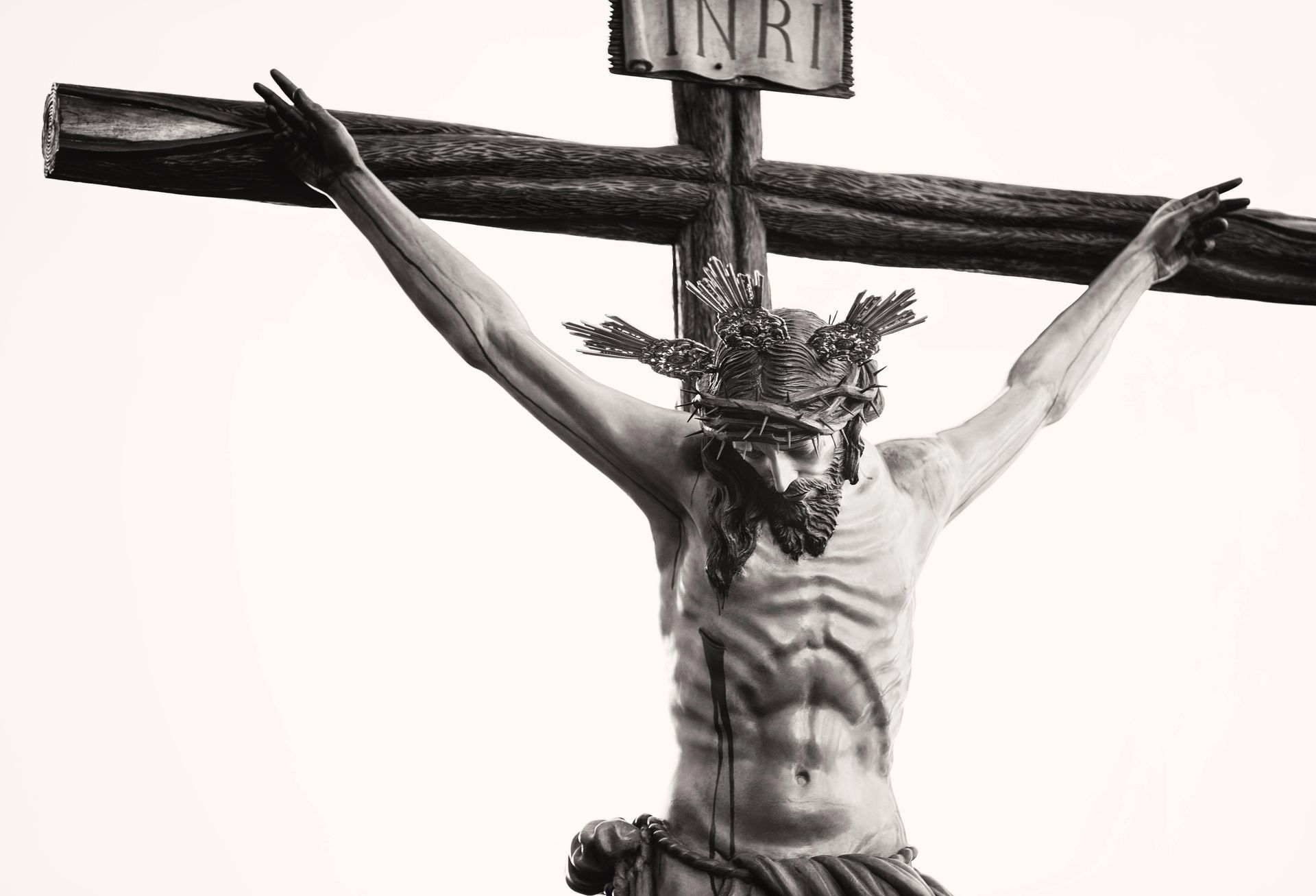
We have spoken about preparing for Lent. We will be reminded about prayer, fasting and alms giving on Ash Wednesday by Jesus in the Gospel for the day. Alms giving is often misunderstood. It is not just about giving to charity but about justice. To give to those in need is to give them their right to live, to eat, to drink, to have somewhere to sleep, to be without fear. It is also for ourselves. As we grow in spiritual discipline we know we need forgiveness from God and others. The practise of alms giving is an act of love and love cancels many a sin. Our Lenten Alms collections and donations will be distributed equally between our local SVP project at St Charles Borromeo and also Let the Children Live, a priest helping Columbian street children, see here . Collections throughout Lent.

The singer is a local man who has visited St Peter’s before as Elvis. He is exceptional and we can promise you a great evening. Refreshments will be available to purchase at the event. It will be a great night and if you like Elvis’ music you really will not be disappointed. Tickets are £12.00 each. If you are interested, please email Liz Matthews at the school – office@stpetersshoreham.co.uk and advise how many tickets you would like.
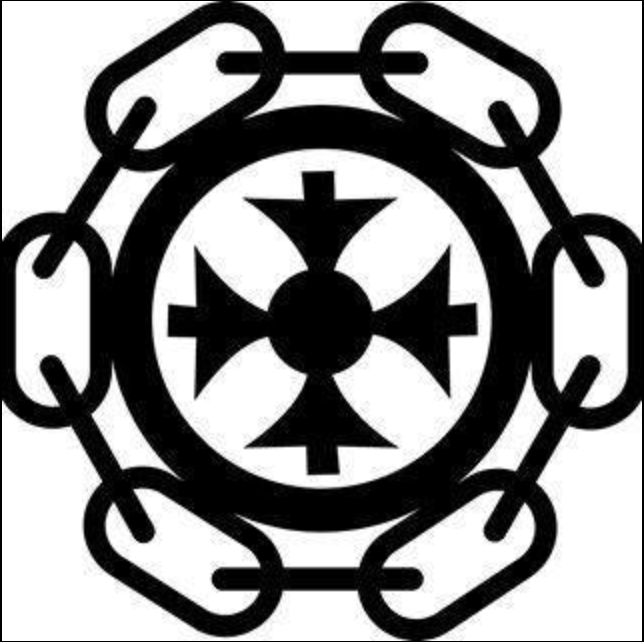
Adur Valley Catenians Quiz Night in aid of 'Safe in Sussex', a women's refuge from domestic abuse Saturday 28th February, 6.30 for 7.00pm , at The Towers Buffet Supper / Licenced Bar / Raffle / Prizes for the winners / Teams of 4-6 people / £12.50 per person / £8.50 under 18s. Tickets from: info@adurvalleycatenians.co.uk . Or call Adrian on 07976-913774.
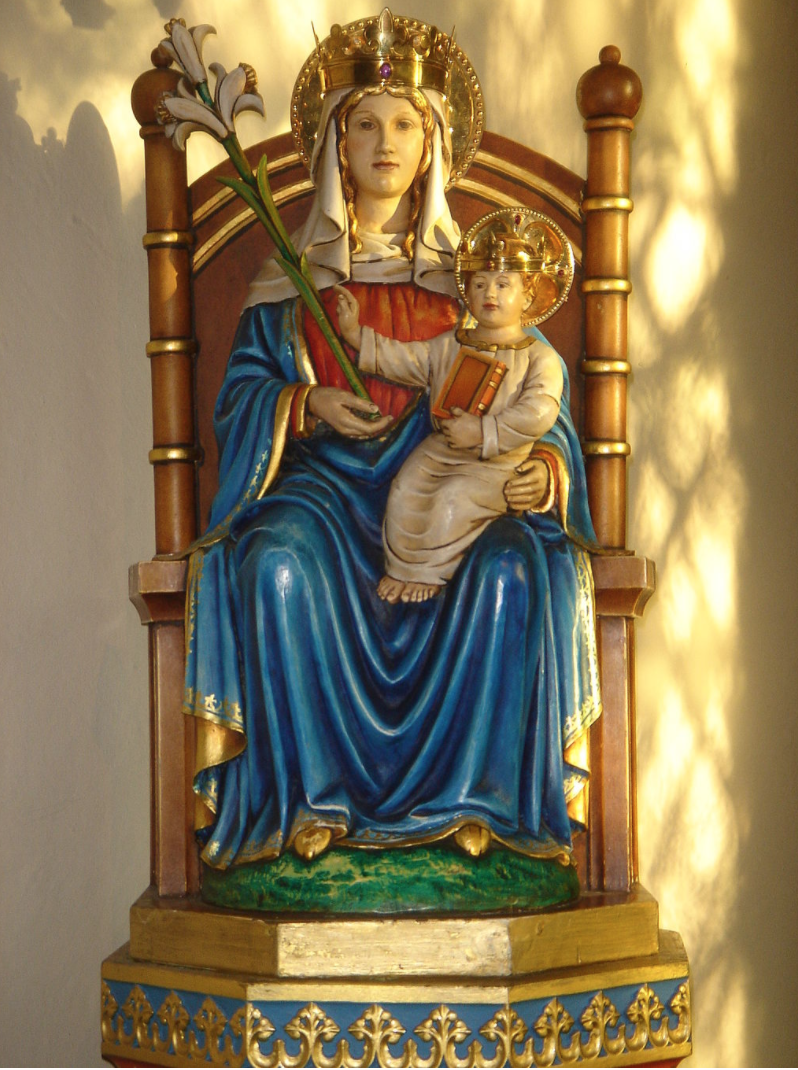
Tuesday 19th to Thursday 21st May 2026 . Full cost including meals and transport by coach will be £300. 25 rooms have been booked with a few spare ones to go. Friends from local parishes will be most welcome to join us. However, we must have definite names by Thursday 19th February at the latest. Please contact parish office for more information. 01903 785901.


